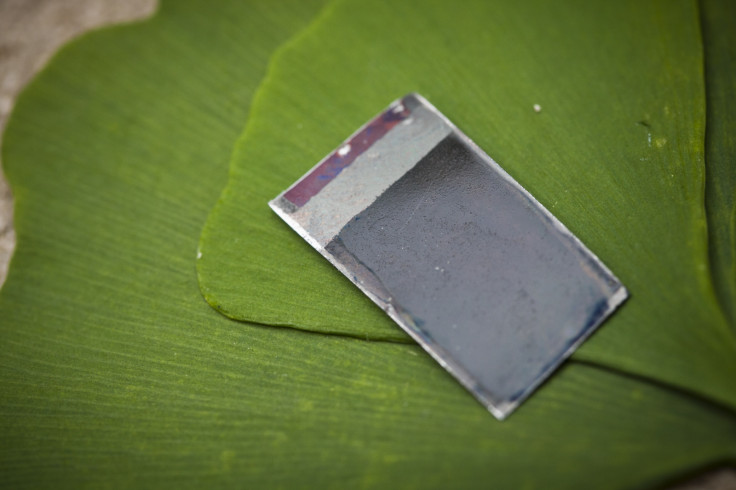Artificial leaf now able to transform sunlight into liquid fuel

The first ever practical and efficient solar-to-fuel production technique has been developed using an artificial leaf to convert the sun's energy into liquid fuel.
Daniel Nocera first pioneered an artificial leaf in 2011, however the device was not ready for commercial production due to the lack of systems in place to collect, store and use the hydrogen gases produced by the leaf.
Teaming up with scientists from Harvard University, Nocera came up with a way to convert the gas into liquid fuel by combining it with the soil bacterium Ralstonia eutropha and carbon dioxide.
The fuel produced has much wider commercial applications as it can be integrated with the existing infrastructure.
The research, published in the journal Proceedings of the National Academy of Sciences (PNAS) this week, details how the limitations of the artificial leaf were overcome.
"Current solar-to-fuels storage cycles based on water splitting produce hydrogen and oxygen, which are attractive fuels in principle but confront practical limitations from the current energy infrastructure that is based on liquid fuels," the paper's Abstract reads.
"In this work, we report the development of a scalable, integrated bioelectrochemical system in which the bacterium Ralstonia eutropha is used to efficiently convert CO2, along with H2 and O2 produced from water splitting, into biomass and fusel alcohols."
The technique allows for energy from the sun to be stored in a practical form for times when there's no sunlight. It also makes it possible to use the stored energy for purposes other than electricity.
The technique developed could also potentially prove more efficient than the photosynthesis carried out by plants if undertaken on a large scale, according to some scientists.
"When you really get this worked out and do this at scale you can do it more efficiently than plants do it and it doesn't compete with resources we use to make food," said Eric Toone, director of the Duke Innovation and Entrepreneurship Initiative. "It doesn't use land and water, those scarce resources."
© Copyright IBTimes 2025. All rights reserved.






















